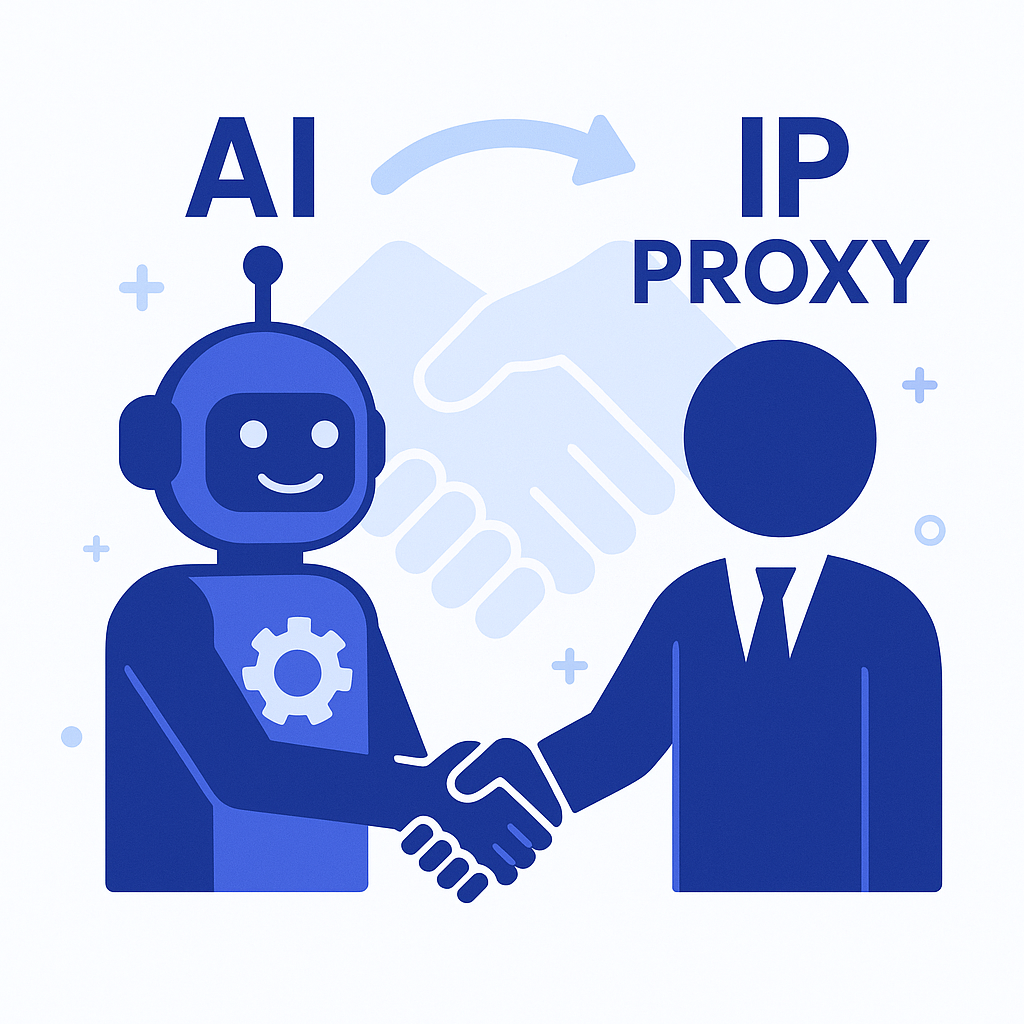Navigating the AI Landscape - Challenges and Opportunities for Businesses

Strong 8k brings an ultra-HD IPTV experience to your living room and your pocket.
In the era of digital transformation, Artificial Intelligence (AI) stands out as a potent tool for driving innovation and reshaping industries. However, along with AI software development promises are unique challenges and opportunities that businesses must navigate to harness their full potential effectively.
Let's explore these challenges and opportunities in greater detail.
Challenges
- Data Quality and Availability: One of the primary challenges in AI implementation is the quality and availability of data. AI algorithms rely on vast amounts of data to train and make accurate predictions. However, disparate data sources, data silos, and poor data quality can hinder the effectiveness of AI models, leading to inaccurate results and flawed decision-making.
- Bias and Equity: AI algorithms can be influenced by bias, mirroring the biases inherent in the data employed for their training. Biased AI systems can perpetuate inequalities and discrimination, leading to ethical and reputational risks for businesses. Addressing bias and ensuring fairness in AI algorithms requires careful consideration of data selection, algorithm design, and ongoing monitoring and mitigation efforts.
- Talent Gap: Building and deploying AI solutions requires specialized skills in data science, machine learning, and software engineering. However, there is a significant shortage of talent with expertise in these areas. Businesses often struggle to attract and retain skilled professionals, leading to delays in AI projects and hindering innovation.
- Ethical and Regulatory Compliance: The ethical implications of AI are a growing concern for businesses and society at large. Ensuring ethical AI practices, including privacy protection, transparency, and accountability, is essential to maintain trust and mitigate legal and regulatory risks. Navigating the complex landscape of AI ethics and compliance requires careful consideration of ethical principles and adherence to regulatory guidelines.
Opportunities
- Innovation and Differentiation: AI presents unprecedented opportunities for businesses to innovate and differentiate themselves in the marketplace. By leveraging AI technologies, businesses can develop innovative products and services, enhance customer experiences, and gain a competitive edge over their rivals. From personalized recommendations to predictive analytics, AI unlocks new possibilities for driving growth and value creation.
- Operational Efficiency and Cost Savings: AI-powered automation streamlines business processes, reduces manual effort, and enhances operational efficiency. By automating routine tasks, businesses can optimize resource allocation, reduce errors, and lower operational costs. From customer service chatbots to supply chain optimization, AI-driven automation transforms how businesses operate and deliver value to their stakeholders.
- Data-Driven Decision Making: AI enables businesses to extract actionable insights from vast amounts of data, empowering decision-makers to make informed and data-driven decisions. By analyzing data trends and patterns, businesses can identify opportunities, mitigate risks, and optimize strategies for growth. From sales forecasting to risk management, AI-powered analytics revolutionizes how businesses harness the power of data to drive business outcomes.
- Enhanced Customer Experiences: AI technologies such as natural language processing and computer vision enable businesses to deliver personalized and tailored experiences to their customers. From virtual assistants to personalized product recommendations, AI-powered solutions enhance engagement, foster loyalty, and drive customer satisfaction. By understanding customer preferences and behavior, businesses can deliver seamless and intuitive experiences that resonate with their audience.
- Strategic Alliances and Partnerships: Collaborative efforts are crucial for fully realizing the capabilities of AI. Businesses can leverage partnerships with technology providers, startups, academia, and industry peers to access expertise, resources, and innovation in AI. By fostering strategic collaborations, businesses can accelerate AI adoption, share best practices, and drive collective progress toward achieving common goals.
Conclusion
In conclusion, while AI software development presents significant challenges for businesses, it also offers unprecedented opportunities for innovation, growth, and value creation. By addressing challenges such as data quality, bias, talent shortage, and ethical considerations, businesses can unlock the full potential of AI and harness its transformative power to drive sustainable success in the digital age. With careful planning, strategic investment, and a commitment to ethical practices, businesses can navigate the AI landscape and emerge as leaders in their respective industries.
Further, click here to read details on Transforming Healthcare with Artificial Intelligence.
Note: IndiBlogHub features both user-submitted and editorial content. We do not verify third-party contributions. Read our Disclaimer and Privacy Policyfor details.







